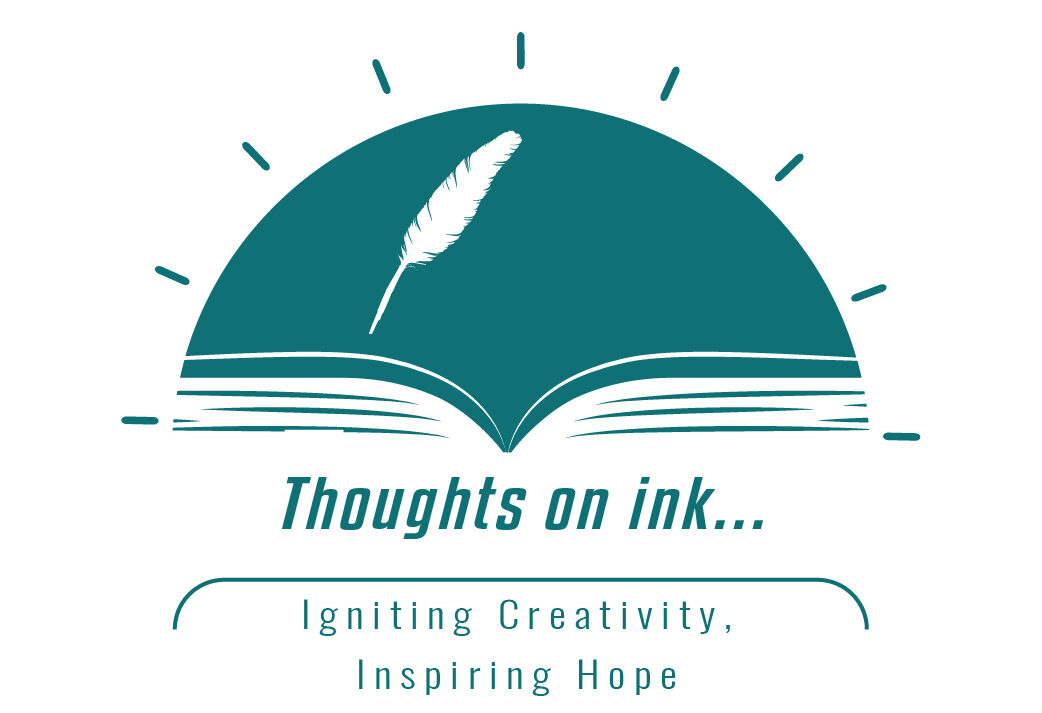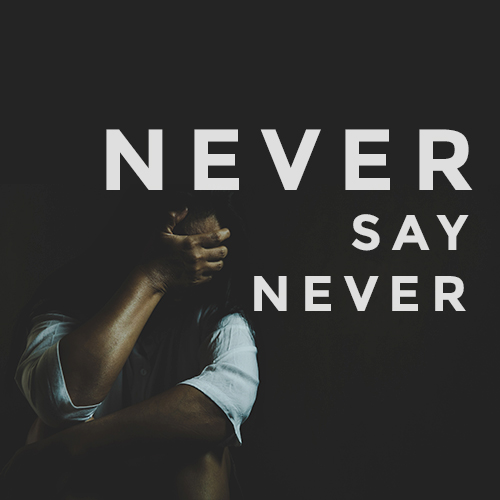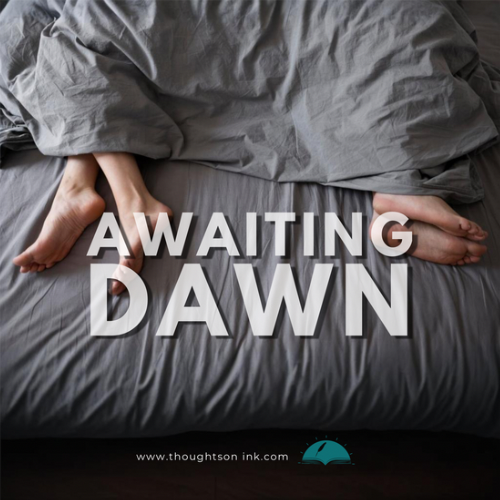I had a conversation with a friend late last year after he had experienced a great and intensely painful loss. I listened as he vented and kept rhetorically asking the “why” questions.
Why do we have leaders without empathy? Why do good people die? Why does cancer have no permanent cure until now? Why does it even exist?
The “whys” are too numerous to mention, and I am positive that most of us have our list of these questions covering different situations we face in our lives. I remember telling him that I had no answers to the “whys” because there really aren’t any answers that would satisfy him or anyone in that situation.
I find myself recalling flashes of that conversation when I scroll across social media platforms and see bad news flying around. This year has already started receiving its fair share of the bad, the sad, and the gory. It seems like every second, there is something terrible happening to someone in the world.
Let me paint a quick scenario for you. Consider rain and what happens when it falls, for instance. If you are caught in its outpouring, you get soaked. If you are safe inside a shelter, you escape getting wet. The rain never sends a special signal to “good” people to warn them against its onslaught. It simply falls, giving everybody and anybody a taste of it.
We need to understand that pain or loss does not differentiate good people from bad people, and like rain, it randomly falls on everyone. The only difference is that pain and misfortune fall in different dimensions and will certainly vary in degree. But everyone is affected at some point.

I have learnt that sometimes, we give the “whys” ample room in our hearts, more than they should have. I guess it is a natural reaction, as humans, to the intense grief that loss brings. It cuts across the anger and depression stages of grief.
But two steps are available to us, to overcome this. The first is the understanding that loss or pain is a definite emotion that is bound to happen to us and those we hold dear at some points in our lives. The next phase is accepting this and finding ways to cope with it, while proactively reducing its impact.
In the words of Harold Olcese, “By our actions, inactions, and life choices, we contribute to either the sum of misfortune or to the subtraction of misfortune”.
Note that misfortune is the constant here, which reinforces the fact that it will always be present. For instance, medical insurance can be a cover to receiving healthcare. This can be you reducing the impact of misfortune when it falls on you in the dimension of failing health.
It is not lost on me that this article analyses pain from a detached point of view. The pain that misfortune brings is capable of driving off all planned, rational reactions to it when it arrives. But if there is any chance you might remember the contents in this post when it seeks to overwhelm you, then I think it is well worth it.
I hope and pray we get renewed strength to fight hard to overcome challenges when they come our way because they certainly will.
To comment on this, kindly input “admin” as the username and password if a prompt requests for this. This shows for first-time comments only.
Love,
Diane



